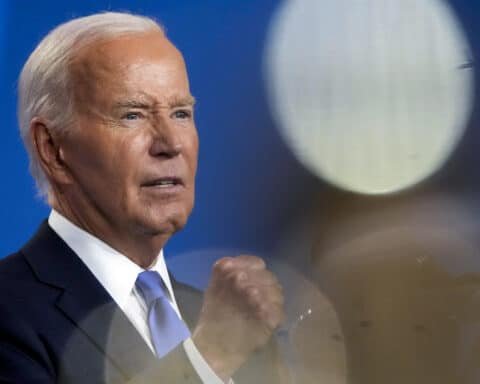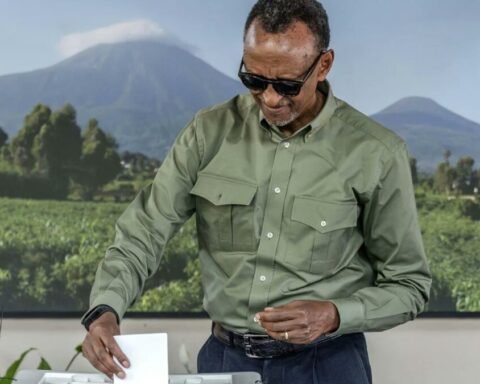Harare – Of late the tourism sector has become one of the strongest drivers of world trade, economic growth and poverty alleviation.
Despite turbulent times for the world economies, these basic facts are unlikely to change going forward.
The world over focusing the wealth creating power of tourism on the youths remains an immense task and opportunity.
Tourism has become one of the fastest growing and innovative industries contributing about 10 percent of the total Gross Domestic Product (GDP) of the world and has become part of sustainable development goals of many nations across the globe.
The African Union; through the Africa Youth Charter made a ratification for all member states to support the participation of youths in Sustainable Development Goals (SDGs).
In Zimbabwe, the National Youth Policy clearly defines the role of the youth in economic development.
It is against this background that the Zimbabwe Youth in Tourism is set to host the second edition of the Africa Youth in Tourism at the Zimbabwe international Trade fair in Bulawayo from 19 to 24 September, 2018.
This year’s edition is running under the theme “Fostering Tourism Development and Innovation in Africa through Youth participation”.
Addressing delegates at the launch of preparations for the youth in tourism conference in the capital Thursday, Minister of Tourism and Hospitality Industry Prisca Mupfumira said the importance of young people cannot be over-emphasized in any given economy.
“Globally, youths are regarded as special vehicles to both social and economic development. Recently, I attended the United Nations World Tourism Organisation (UNWTO) Commission for Africa (CAF) in Abuja, Nigeria, where the emphasis was on empowering women and youths to ensure sustainable development.
Creating a platform for young men and women across the entire Continent to dialogue, share ideas and experiences, should be commended.
“Youths with a sense of belonging and responsibility are more of constructive citizens. The Government does not just recognise the potential of young people as leaders of tomorrow, but is also cognisant of their role as positive change agents for socio-economic development.
“We need to nurture our youths to play a critical role in eradicating poverty and participate fully in the development of societies through different platforms.
Mupfumira said tourism policies and frameworks are already in place to support and encourage youth participation in tourism projects.
“The National Tourism Master Plan which was launched by the Honourable Vice President Constantino Chiwenga in May this year, clearly points out areas of potential development.
“This is supported by the National Tourism Sector Strategy (NTSS) giving direction to Tourism development over a period of time. These Policy documents are all at your disposal young men and women to play a meaningful role in the Tourism sector, in particular, and our societies in general,” she said.
According to the NTSS Zimbabwe seeks a seven-fold growth in tourism export earnings – as much as $7 billion by 2030 – to be achieved through effective marketing, product development and facilitation and access.
Other pillars of growth in tourism export earnings include but not limited to environmental sustainability, destination management, information communication technology and human capital development.
The strategy projects arrivals of 7 million up from 2,42 million arrivals recorded in 2017.
The policy also seeks to increase the tourism sector’s contribution to the gross domestic product (GDP) to $8,1 billion from the current $2,5 billion.
This is already up from an initial plan to grow the industry to a $5 billion GDP contributor.
The strategy runs from 2018 to 2030 and acts as a guideline for resuscitating the tourism and travel industry.
In 2017, arrivals into Zimbabwe rose by 12 percent to 2,42 million from 2,17 million in 2016.
Economic commentators, however, argue that the anticipated growth is not an easy task considering that Zimbabwe is an add-on destination because it is largely unattractive.
For instance, 30,4 percent of the visitors on holiday/leisure on packages do not spend a night in Zimbabwe while 58,9 percent of those who stay spend just two to three nights in the country.
This is buttressed by the fact that international tourists into Zimbabwe spend more at $1 250 than their regional counterparts at $310.
Despite the average growth rate of 6 percent of overseas tourists over the past few years, this has done nothing to significantly improve tourist arrivals in the country
As an add-on destination, Zimbabwe is packaged with Botswana at 55,3 percent, South Africa at 50,3 percent and Namibia at 21,7 percent.
Additional analysts say the pillars in NTSS are difficult to reach considering the country’s negative perception that it has had for years on the back of the former president Robert Mugabe and his government’s policies.
Currently, support to the sector is coming from a $15 million tourism revival fund facility availed by the Reserve Bank of Zimbabwe in January this year.








